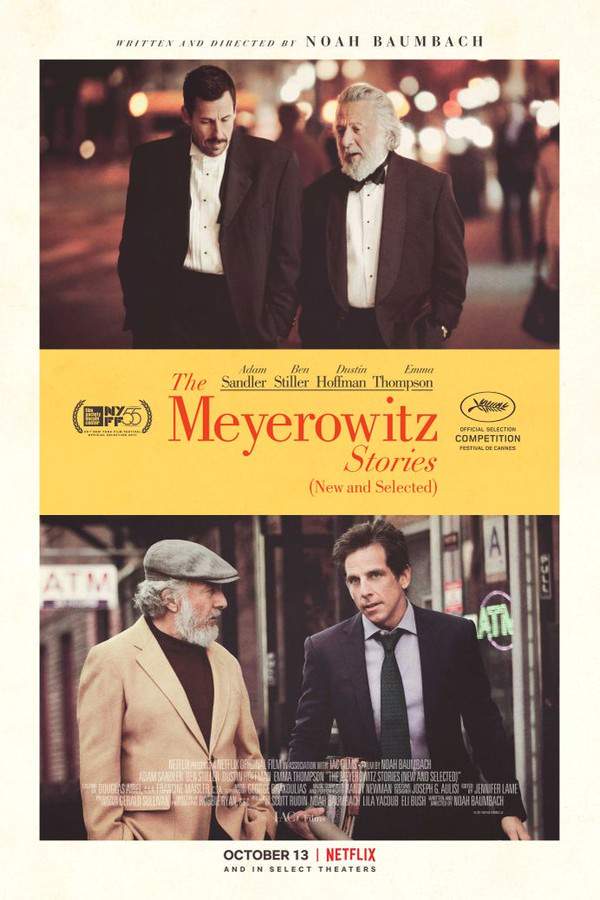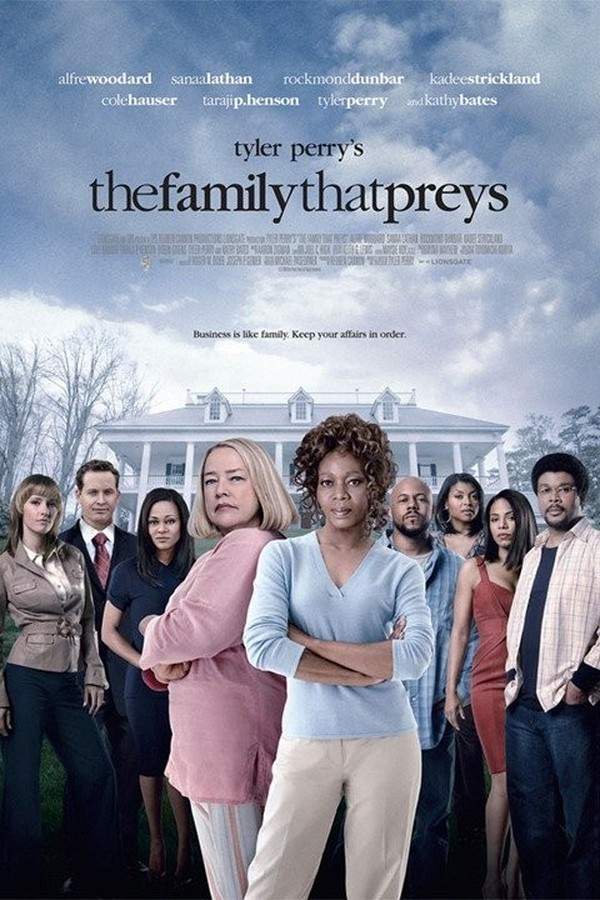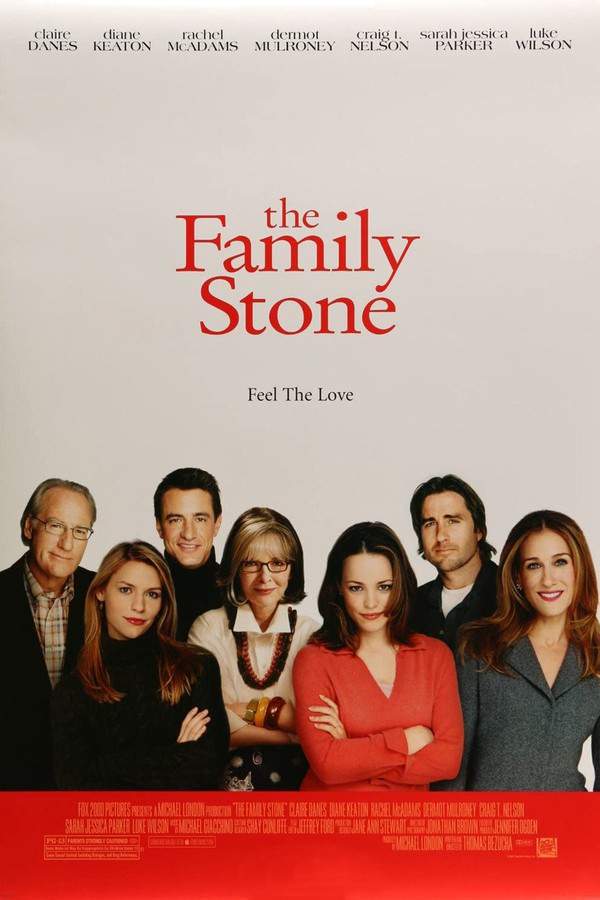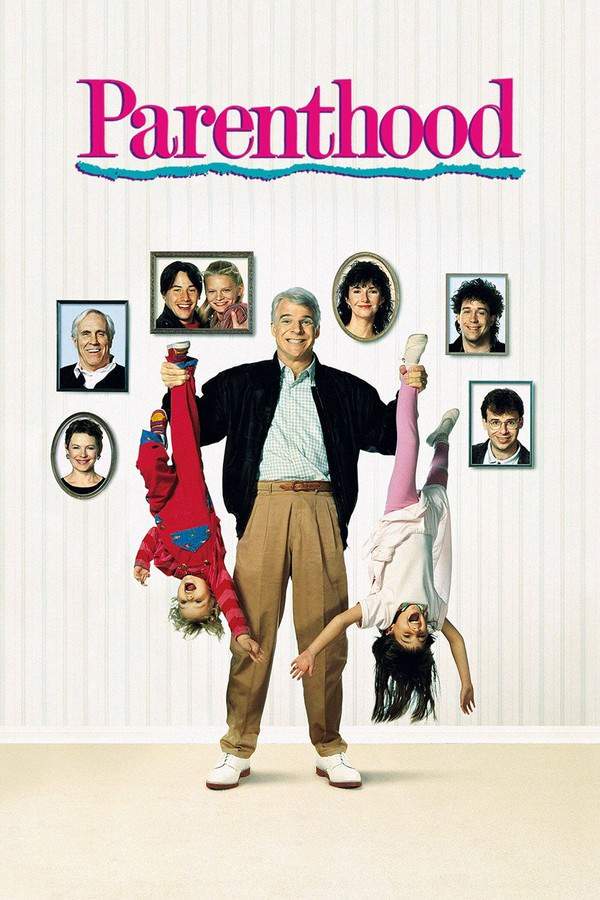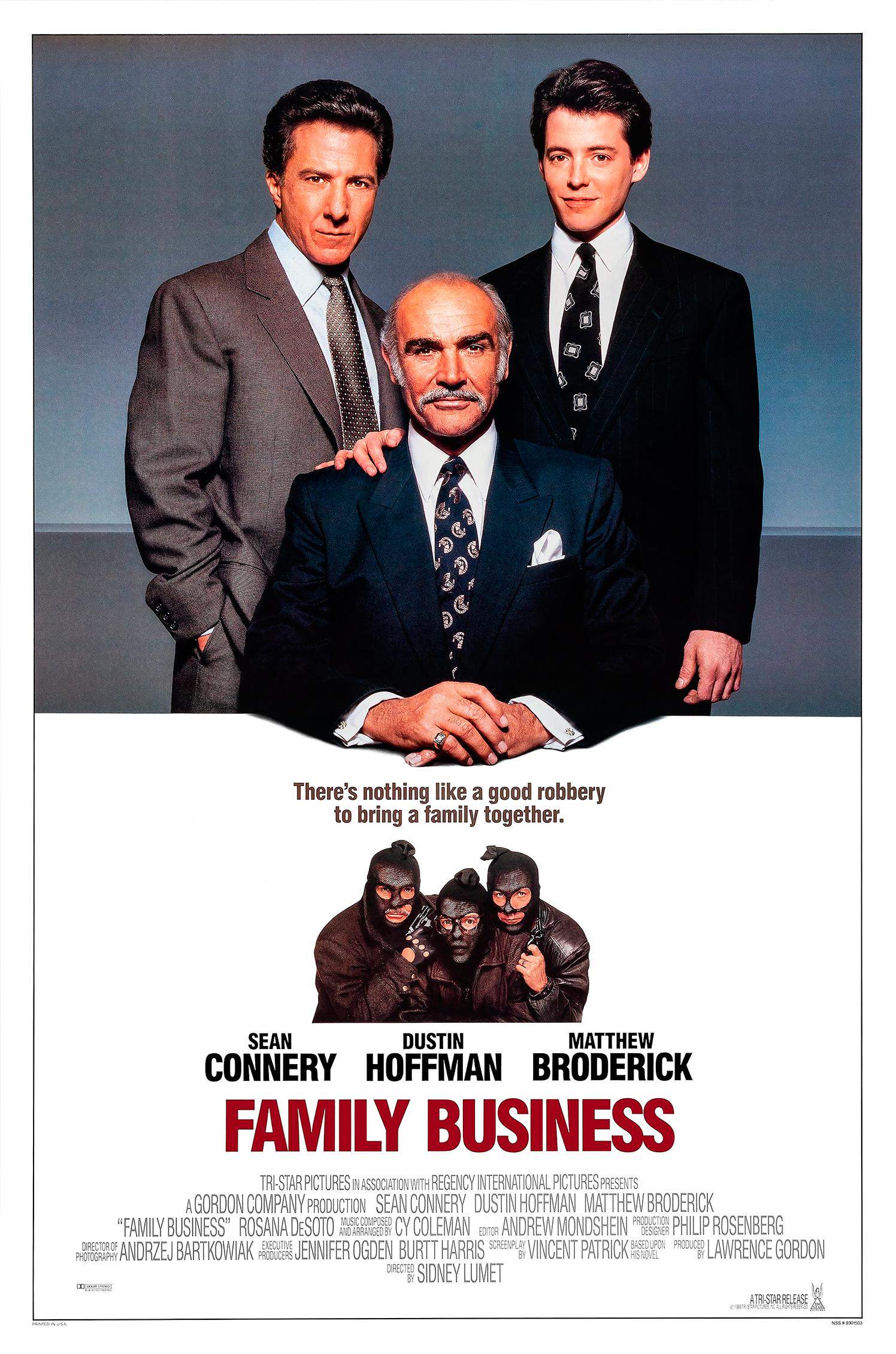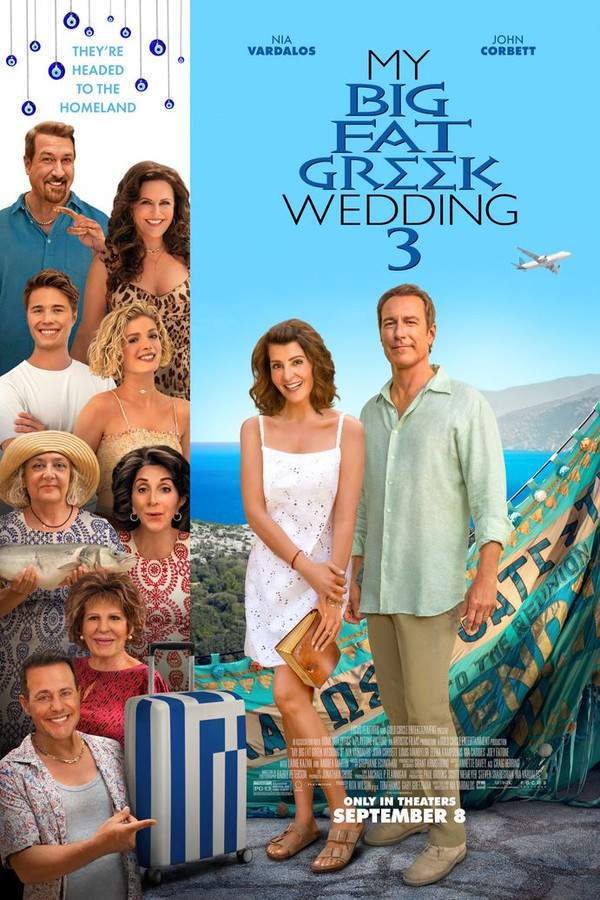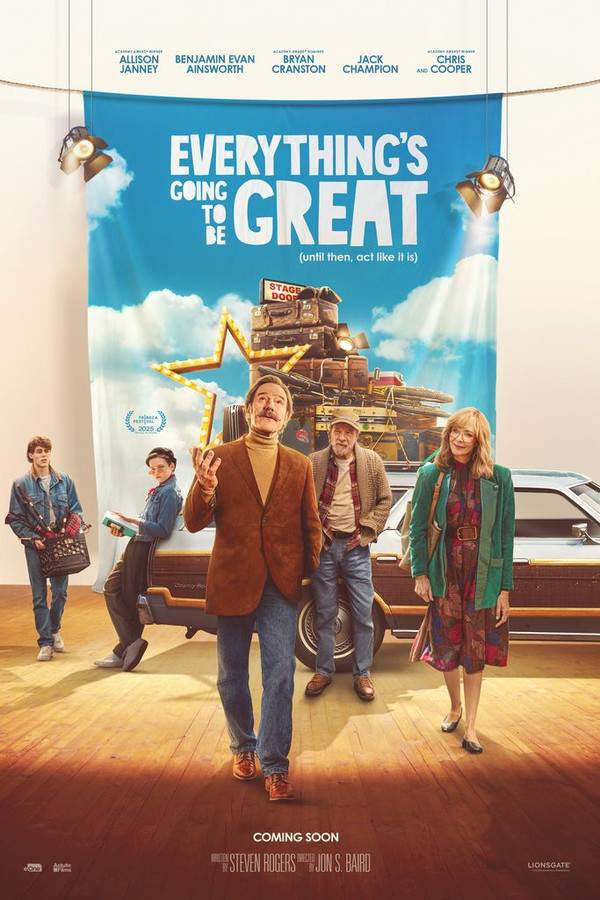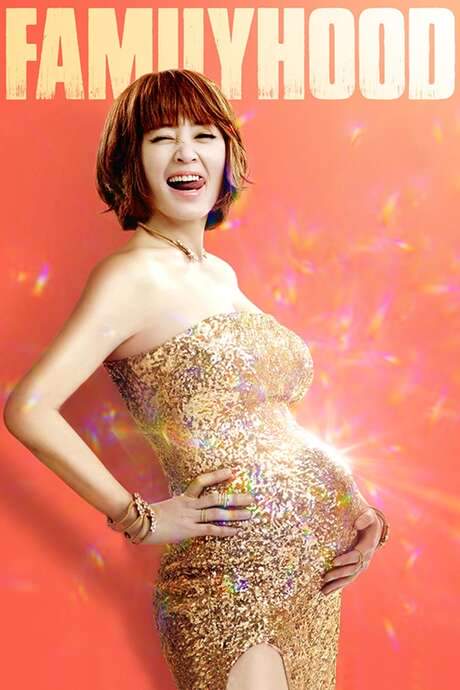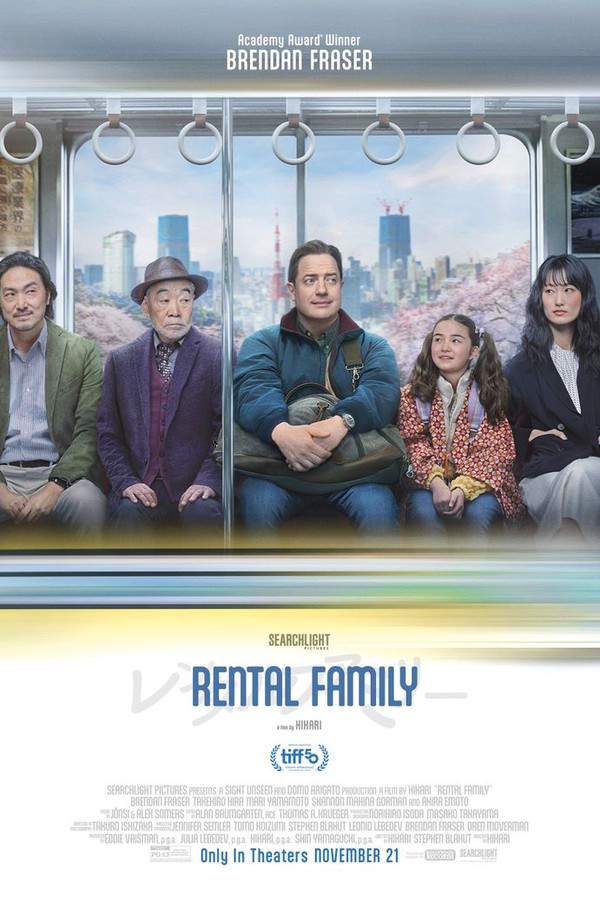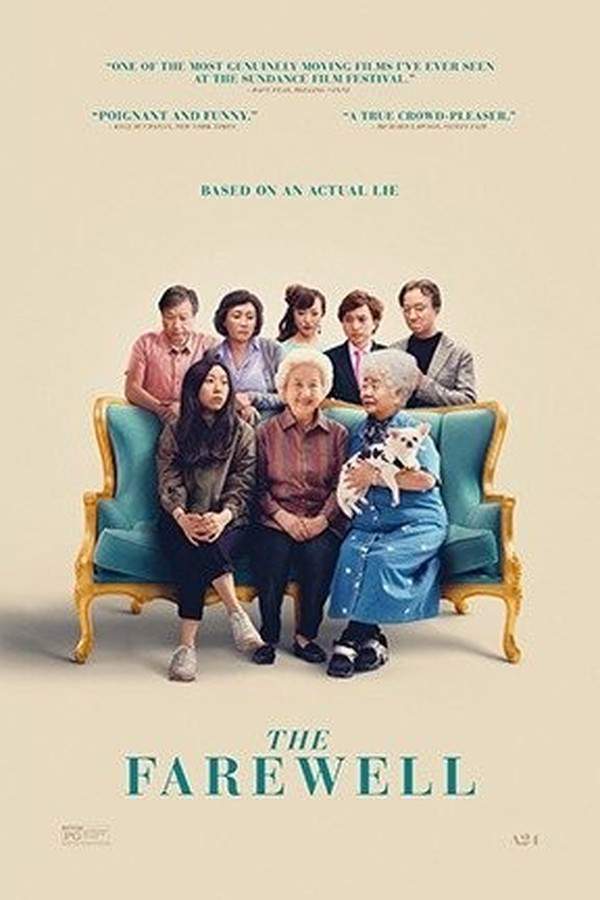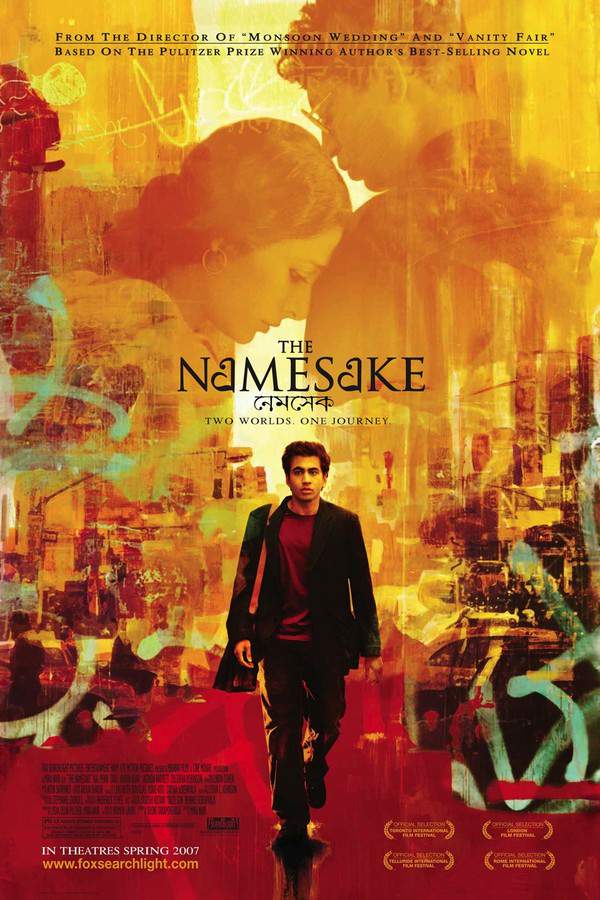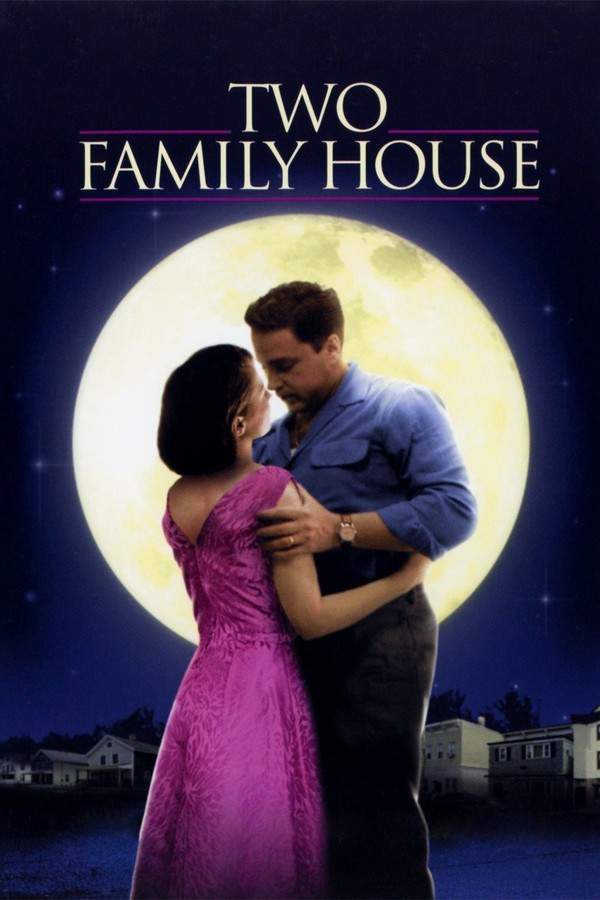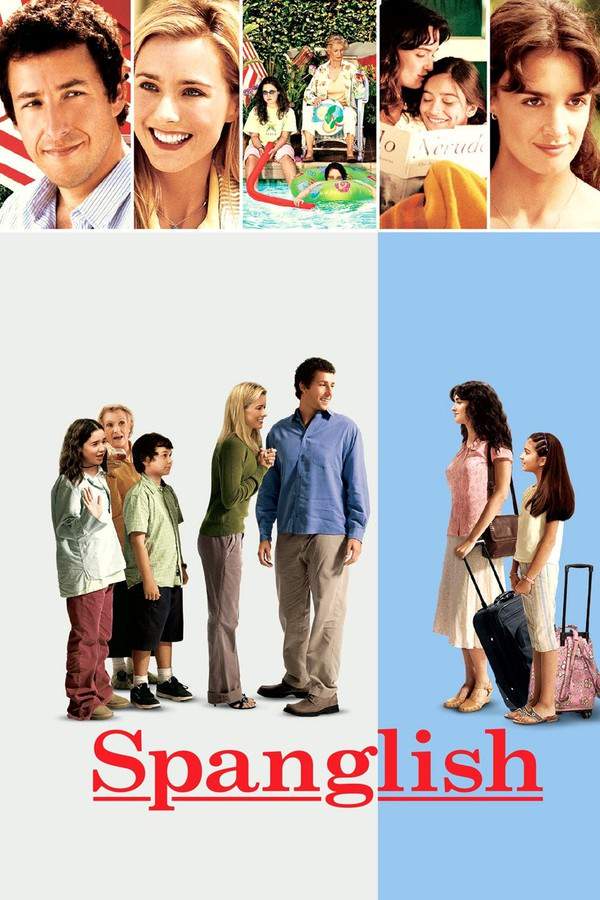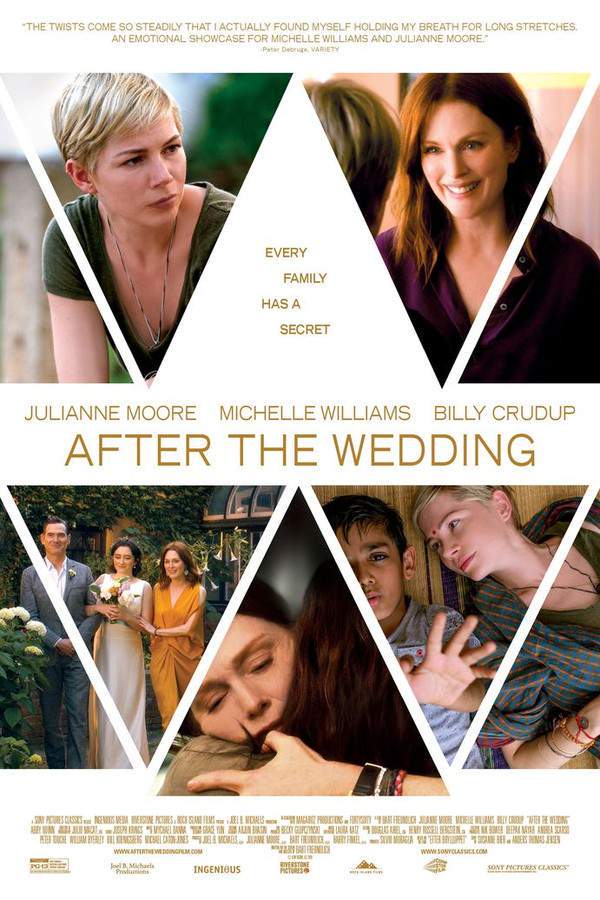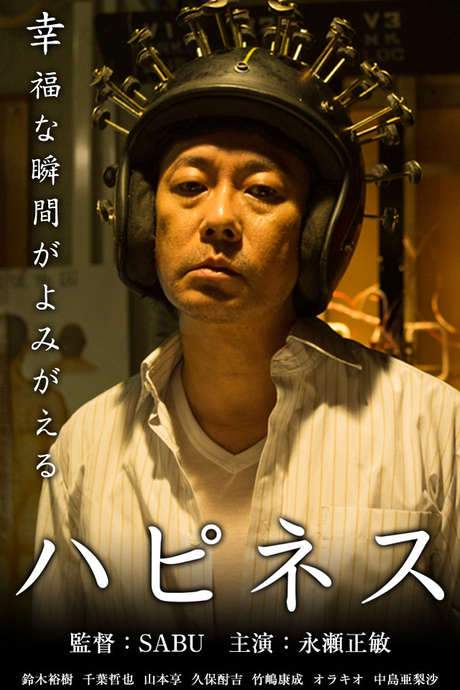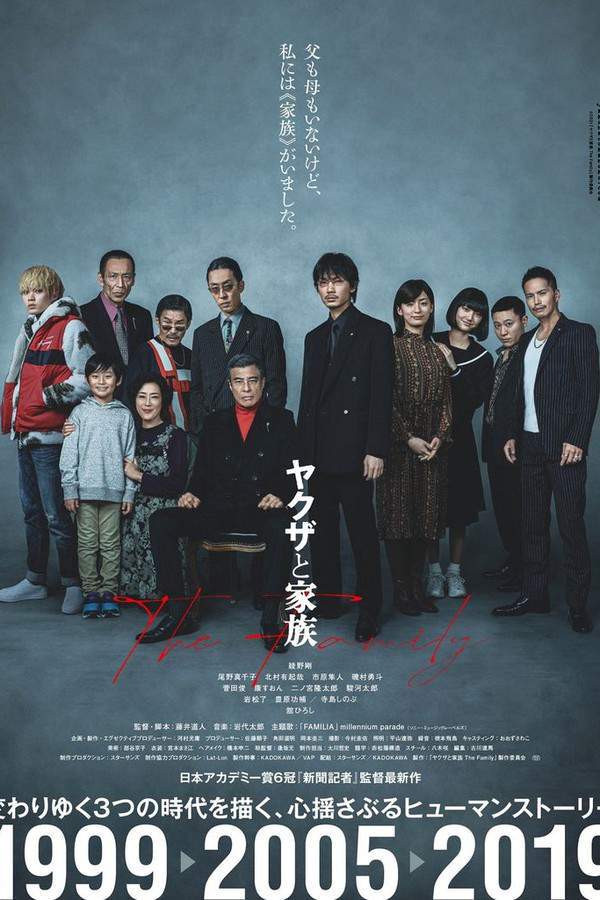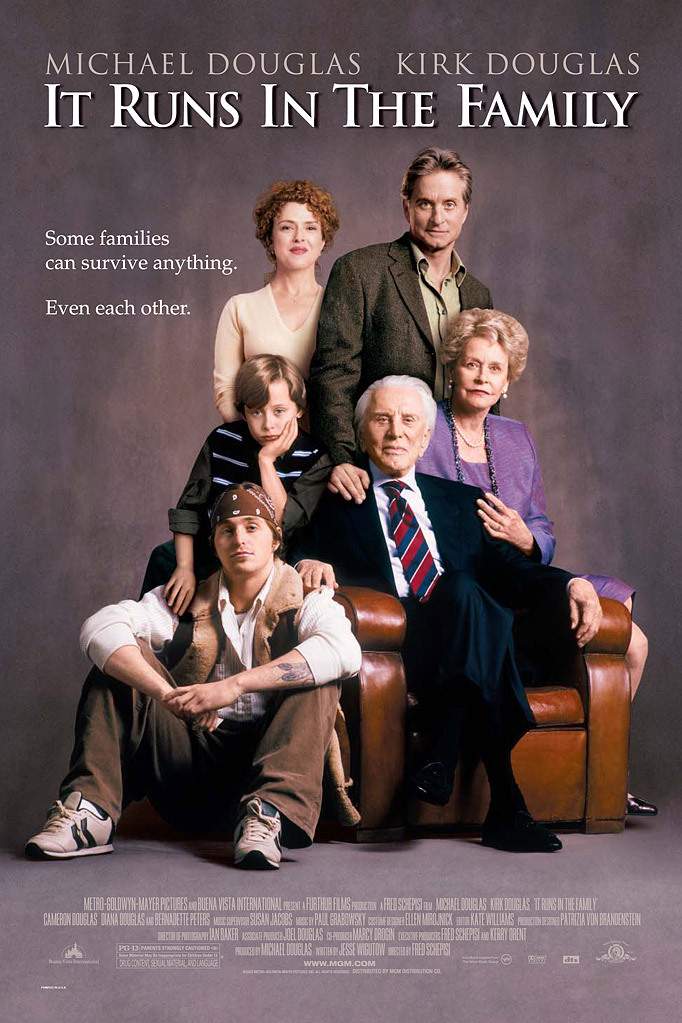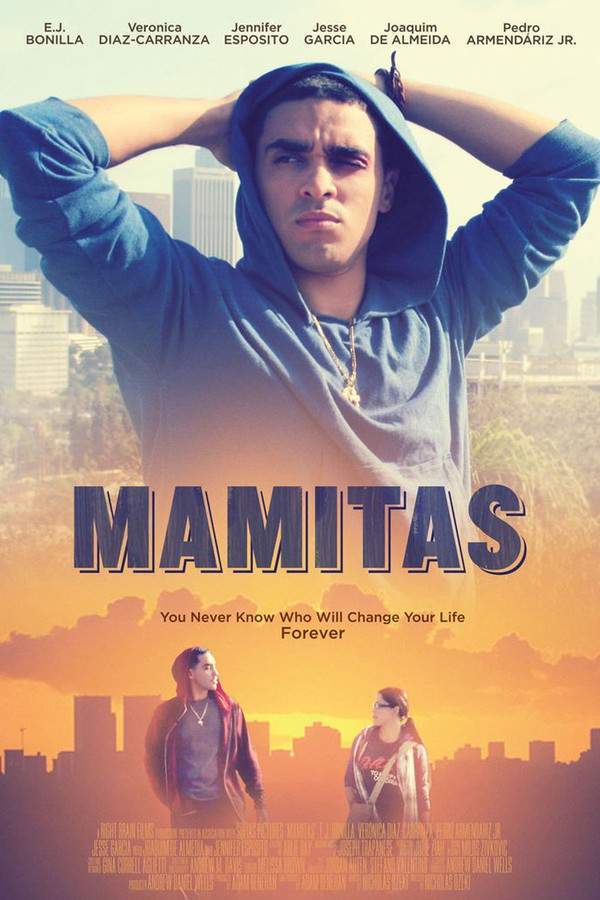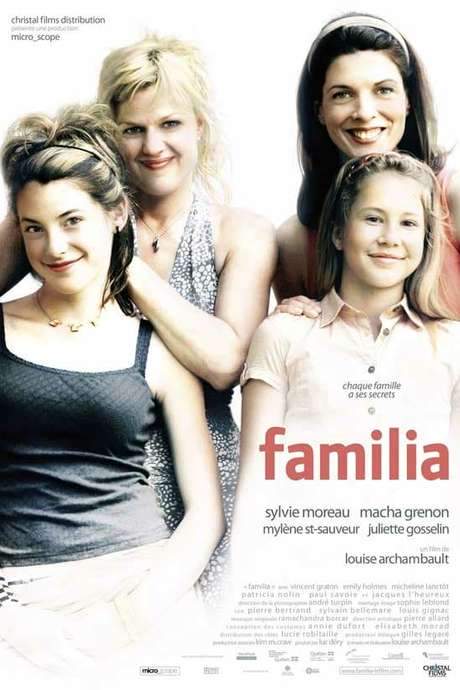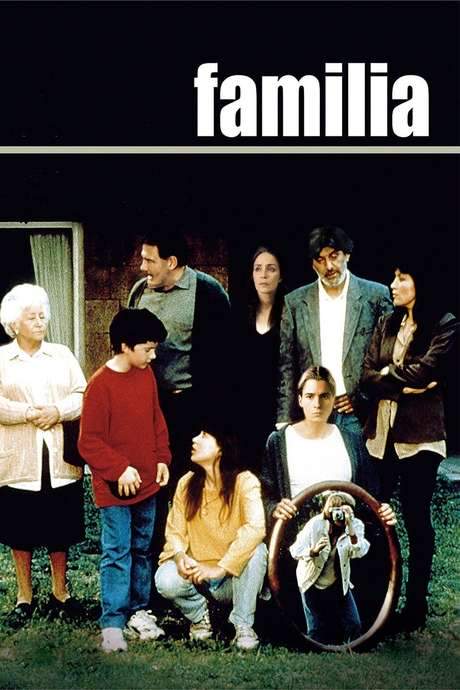
My Family
Year: 1995
Runtime: 128 mins
Language: English
Director: Gregory Nava
Spanning three generations, the film follows an immigrant family that settles in East Los Angeles. Maria and Jose arrive in the 1930s, marry and battle deportation before raising children Chucho, Paco, Memo, Irene, Toni and Jimmy, who confront 1950s youth culture and police harassment. In the 1960s the story centers on Jimmy, his marriage to Salvadoran refugee Isabel, their son, and Jimmy’s effort to become a responsible parent.
Warning: spoilers below!
Haven’t seen My Family yet? This summary contains major spoilers. Bookmark the page, watch the movie, and come back for the full breakdown. If you're ready, scroll on and relive the story!
My Family (1995) – Full Plot Summary & Ending Explained
Read the complete plot breakdown of My Family (1995), including all key story events, major twists, and the ending explained in detail. Discover what really happened—and what it all means.
The story is narrated by the family’s oldest son Paco. It opens with José Sanchez, the family patriarch, setting out on a year-long trek on foot from Mexico to Los Angeles to reconnect with a distant relative born when the city was still part of Mexico. This unlikely friendship with El Californio blossoms into a shared dream of starting a corn farm, a plan that endures for years. As El Californio’s health wanes, he requests a stark tombstone inscription to mark what he believes the land still is: when he was born, this was Mexico, and where his body lies, this is still Mexico. The tale then follows José as he grows closer to María, an American citizen whom he eventually marries. After María is forcibly deported to Mexico in a broad roundup, she undertakes a grueling journey back to Los Angeles two years later, returning home with their newborn son Chucho.
Twenty years pass, placing us around 1958 or 1959, when [Irene] is about to be married. Chucho and Paco have come of age, and the Sanchez household welcomes new members, including Toni and the brothers Jimmy and Guillermo “Memo.” The wedding scene sets a new tempo for the family, but trouble soon arrives. At a dance hall, Chucho confronts his rival, a knife fight erupts, and Chucho kills him, forcing him into a fugitive existence. The violence escalates when, one night, [Chucho] is fatally shot by the Los Angeles Police Department in front of a young Jimmy, a moment Paco describes as Chucho’s life living on borrowed time.
The narrative then leaps forward to the third generation, set in the 1970s and 1980s, where themes of acculturation, assimilation, and long‑standing family wounds take center stage. [Jimmy] returns from a stint in prison, his personality hardened, while Toni and her husband David Ronconi work to aid political refugees. They become involved with a Salvadoran refugee named Isabel Magaña, who faces deportation. Toni persuades Jimmy to marry Isabel so she can stay in the United States, a union that gradually softens Jimmy and helps Isabel feel at home. A tender moment arrives when Isabel changes the music in Jimmy’s car and asks him to teach her salsa, signaling a real connection between them. Isabel later becomes pregnant but dies after giving birth to their son, Carlitos. Enraged, Jimmy attacks the doctor, burglarizes a store, and is arrested, leaving their child to be raised by his parents. When Jimmy is released four years later, he longs to connect with his son, who nonetheless harbors a rocky sense of who his father really is.
Meanwhile, José and María’s middle son Guillermo—often called Memo—pursues a professional path, attending college and, over time, presenting himself as William. Memo becomes engaged to Karen Gillespie, a woman from an affluent Bel‑Air family. The family’s dynamics grow tense as Memo challenges Jimmy’s rough-edged past, yet Jimmy decides to turn his life around. Carlitos eventually moves with him to Texas, where Jimmy secures a solid manufacturing job in San Antonio, marking a new chapter for the family’s migration story.
The film closes with José and María reflecting on a life built through perseverance and luck. As the years flash by, Jose sums up the journey with quiet gratitude: “God has been good to us, we’ve been very lucky, and our life it has been very…very good,” a line that lingers as the camera slowly pulls back to reveal Los Angeles, the city that witnessed their long, winding story.
Last Updated: October 09, 2025 at 10:47
Explore Movie Threads
Discover curated groups of movies connected by mood, themes, and story style. Browse collections built around emotion, atmosphere, and narrative focus to easily find films that match what you feel like watching right now.
Multi-generational family epics like My Family
Emotional journeys spanning decades and the lives of multiple family members.If you enjoyed the sprawling family history in My Family, explore more movies that trace several generations. These epic dramas capture the full arc of a family's life, blending personal struggles with historical context to create deeply resonant stories about love, loss, and legacy.
Narrative Summary
The narrative in this thread unfolds over a long timeline, often starting with immigrant ancestors or founding family members. It follows their descendants through major life events, social changes, and internal conflicts, creating a tapestry of interconnected lives and inherited traits or traumas.
Why These Movies?
Movies are grouped here for their epic scope focused on a single family, their use of time jumps to show cause and effect across generations, and their exploration of themes like legacy, tradition, and the unbreakable, if complicated, ties of kinship.
Bittersweet immigrant family dramas like My Family
Stories of families building a new life, balancing hope with hardship.Fans of My Family's portrayal of the immigrant experience will find similar heartfelt stories here. These movies explore the complexities of building a life in a new country, often blending hope with hardship in a realistically bittersweet tone that feels authentic and moving.
Narrative Summary
The narrative typically begins with arrival and struggle, follows the first generation's fight for stability, and then explores the conflicts and identities of their children caught between two cultures. The journey is marked by both achievement and loss, creating a deeply human portrait of resilience.
Why These Movies?
This thread connects films that share a specific thematic core: the immigrant family's journey. They possess a similar emotional mix of hope and melancholy, a medium emotional weight grounded in real-world struggles, and a focus on family dynamics under pressure.
Unlock the Full Story of My Family
Don't stop at just watching — explore My Family in full detail. From the complete plot summary and scene-by-scene timeline to character breakdowns, thematic analysis, and a deep dive into the ending — every page helps you truly understand what My Family is all about. Plus, discover what's next after the movie.
My Family Timeline
Track the full timeline of My Family with every major event arranged chronologically. Perfect for decoding non-linear storytelling, flashbacks, or parallel narratives with a clear scene-by-scene breakdown.

Characters, Settings & Themes in My Family
Discover the characters, locations, and core themes that shape My Family. Get insights into symbolic elements, setting significance, and deeper narrative meaning — ideal for thematic analysis and movie breakdowns.

My Family Spoiler-Free Summary
Get a quick, spoiler-free overview of My Family that covers the main plot points and key details without revealing any major twists or spoilers. Perfect for those who want to know what to expect before diving in.

More About My Family
Visit What's After the Movie to explore more about My Family: box office results, cast and crew info, production details, post-credit scenes, and external links — all in one place for movie fans and researchers.

Similar Movies to My Family
Discover movies like My Family that share similar genres, themes, and storytelling elements. Whether you’re drawn to the atmosphere, character arcs, or plot structure, these curated recommendations will help you explore more films you’ll love.
Explore More About Movie My Family
My Family (1995) Scene-by-Scene Movie Timeline
My Family (1995) Movie Characters, Themes & Settings
My Family (1995) Spoiler-Free Summary & Key Flow
Movies Like My Family – Similar Titles You’ll Enjoy
A Family (2021) Full Movie Breakdown
It Runs in the Family (2003) Ending Explained & Film Insights
Mamitas (2012) Detailed Story Recap
In Exile: A Family Movie (2017) Full Summary & Key Details
A Family Submerged (2018) Full Movie Breakdown
Familia (2005) Ending Explained & Film Insights
The Family Friend (2006) Ending Explained & Film Insights
My Family (1986) Ending Explained & Film Insights
La familia bien, gracias (1979) Movie Recap & Themes
The Perez Family (1995) Complete Plot Breakdown
Family (1996) Plot Summary & Ending Explained
A Family Like Many Others (1949) Full Movie Breakdown
The Family and One More (1965) Story Summary & Characters
Pérez Rodríguez (2024) Ending Explained & Film Insights
The Family Way (1966) Complete Plot Breakdown

